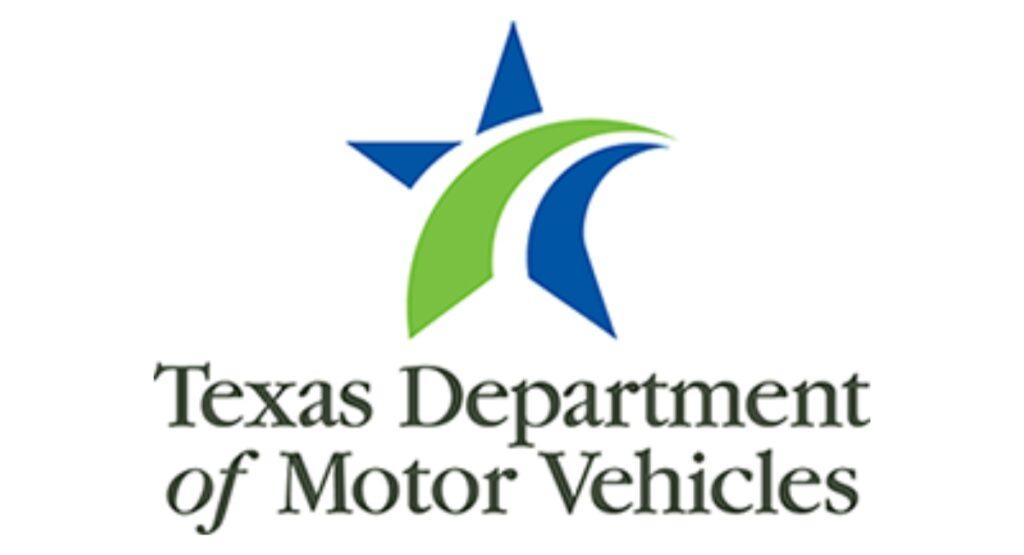The Deal Jacket (Part 2)

Required Documents in a Financed Purchase
Here we will assume that the dealer is originating the financing, that means the dealer will be the seller on the contract, regardless of whether the contract will immediately be sold to a finance company or if the dealer will be keeping the deal in-house, as a buy-here pay-here deal. Both the documents we will discuss here are in addition to those listed in the previous cash sale.
- This first one is a Retail Installment Contract. In a finance deal this is the most important document in the deal jacket. The Retail Installment Contract is what creates the lien holder’s security interest in the vehicle. It is very important that the contract be appropriate for the type of finance charge calculation being applied. It is also very important to know that a buyer’s order, purchase agreement or any other document may not be used in place of a retail installment contract. The sample contract shown here is just an example and may not be appropriate for the type of sale you will be conducting. Note: if a retail installment contract is completed, then a buyer’s order is optional; it is not a required document.
- Credit application. If you take the credit application from a customer, a copy must be retained in the deal jacket. It is important to use a credit app from a reliable source to avoid violating various regulations including the Federal Equal Credit Opportunity Act. If a credit app is completed but no deal is done the app must be retained for 25 months and an adverse action notice is normally required. Adverse action and the ECOA will be discussed in a later federal requirements article.
Situational Documents for the Deal Jacket
Now let’s discuss some of those situational documents that are triggered by various things at the time of sale. These documents are required but only if a specific action related to the sale takes place.
- If the deal includes a trade-in, the buyer’s order must be updated to show the trade-in value and payoff, if any.
- Disclosure of Equity. This document is also required by law and must be completed on any finance deal that involves a trade-in. It must be completed regardless of whether the trade-in has a payoff and whether equity is positive or negative. A copy goes to the customer and a copy stays in the deal jacket.
- Power of Attorney for the Transfer of Ownership to a Motor Vehicle (Form VTR-271-A) If your customer is trading-in a vehicle that requires you to provide a payoff to their lien holder or their title is lost, then you may use Form VTR-271-A if the vehicle is subject to odometer disclosure. This form allows the dealership to sign the customer’s name as the seller on the back of the title when you pay off their trade-in and receive the title from the previous lien holder. Form VTR-271-A is only available from a TxDMV Regional Service Center. It is a secured, numbered form therefore it cannot be printed directly or downloaded. For a list of locations go to www.txdmv.gov and search Regional Service Centers. We will discuss this in more detail in the next section.
- Repossessed Motor Vehicle Affidavit (Form VTR-264) – You will need to keep a copy of Form VTR-264 if you are selling a vehicle you previously repossessed
- Dealer’s Reassignment of Title for a Motor Vehicle (Form VTR-41-A). It is basically a continuation of the back of the Texas title. It is used when all reassignment spaces on the original title are full. It may also be used to get the customer’s signature when the original title is not present at closing as long as the owner of the title has previously made an assignment on the title and use of Form VTR-271-A does not apply. Form VTR-41-A is only available from the TxDMV Regional Service Centers. It is a secured, numbered form therefore it cannot be printed directly or downloaded.
- Limited Warranty. If the buyer’s guide indicates that the vehicle price includes a limited warranty rather than being sold as-is, then a limited warranty document such as this sample must be provided. The buyer’s guide itself may not serve as the warranty document. Note: obviously, if a warranty is being offered, then the warranty disclaimer document listed in the “recommended” folder should not be used.
- Tax Exemption for wholesale deals. This resale certificate is required when a vehicle is sold to another licensed Texas dealer. As long as this form is completed, sales tax is not due on any wholesale transaction. You only need to assign one of these forms to the dealer that you sell to, regardless of how many transactions you have with that dealer.
- Tax Exemption out of state. If a vehicle is to be titled in another state other than Texas and no use will be made of it in Texas other than to transport it out of state, no sales tax is due as long as this form is used. One copy stays in the deal jacket and one copy goes to your customer.
- Consignment. If a vehicle is sold or offered for sale on consignment, a written consignment agreement, such as this sample, must be retained.
- Rebuilt-Salvage Disclosure. If you are selling a vehicle that contains a rebuilt-salvage brand on the title, you must get the customer’s signature on a form containing the disclosure language. We will discuss salvage in more detail later.
- Salvage Disclosure. Same thing, if you are selling a salvage vehicle you must have your customer sign the disclosure form.
- Cosigner. If another individual other than the buyer is co-signing on the financing for the vehicle, this form must be completed. Now this does not apply to a co-buyer of the vehicle, only a cosigner. Generally speaking, a co-buyer receives benefits such as usage of the vehicle. Cosigner is simply a guarantor on the debt. Make sure you understand the difference before you sell or title a vehicle.
- GPS Disclosure. If a GPS tracking device is installed in the vehicle, that fact must be disclosed in writing. This applies whether the GPS unit also has starter interrupt abilities or not.
- Repossession letters. If you are a buy-here pay-here dealer you may have to repossess a vehicle if a consumer defaults on the loan. You are required to send either a notice of private sale or of strict foreclosure to your customer, except in the event of a voluntary return. You may also have expenses associated with hiring a repossession company. Make sure you keep a copy of repossession letters, notices and third-party expenses in the deal jacket.
